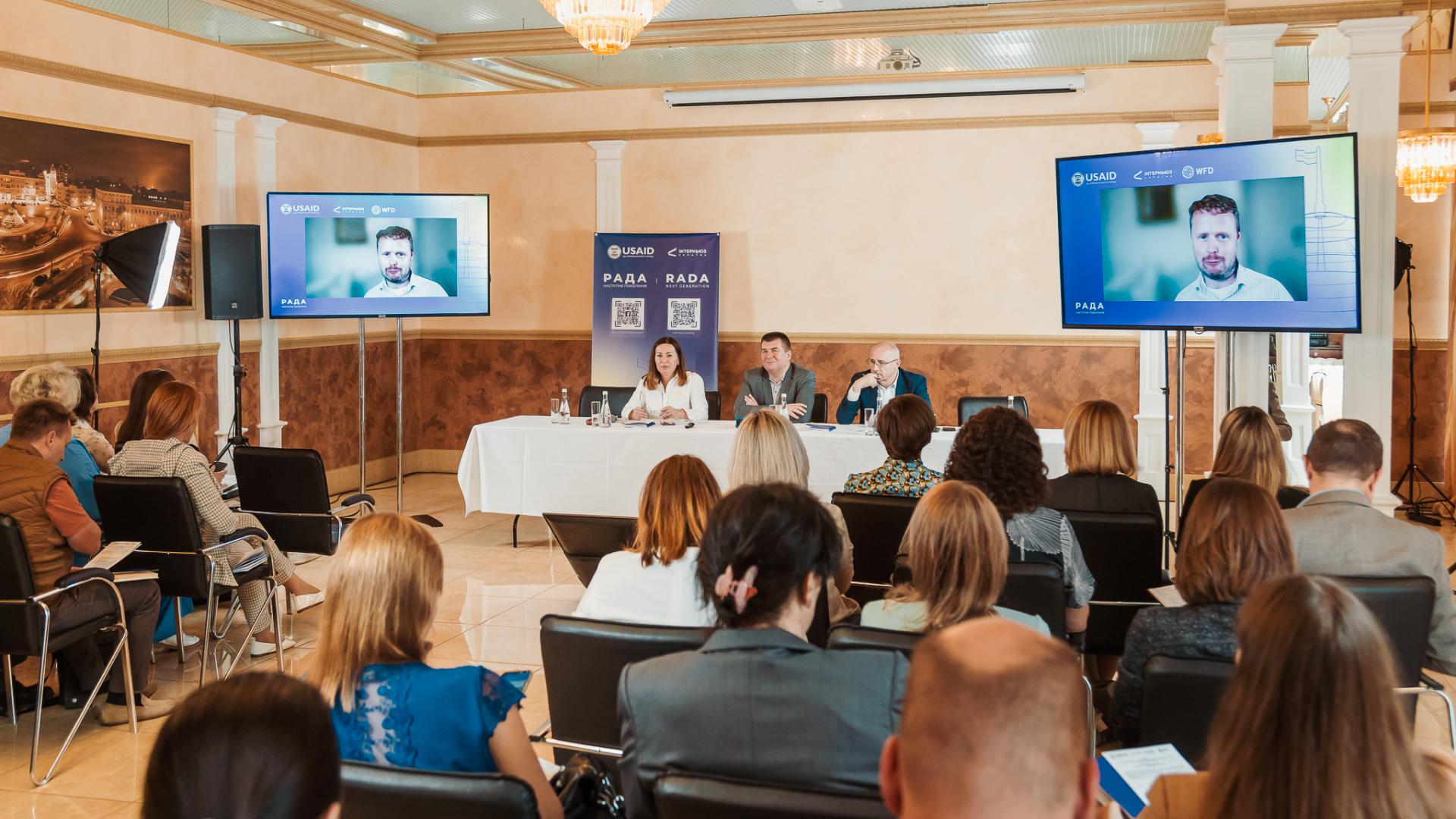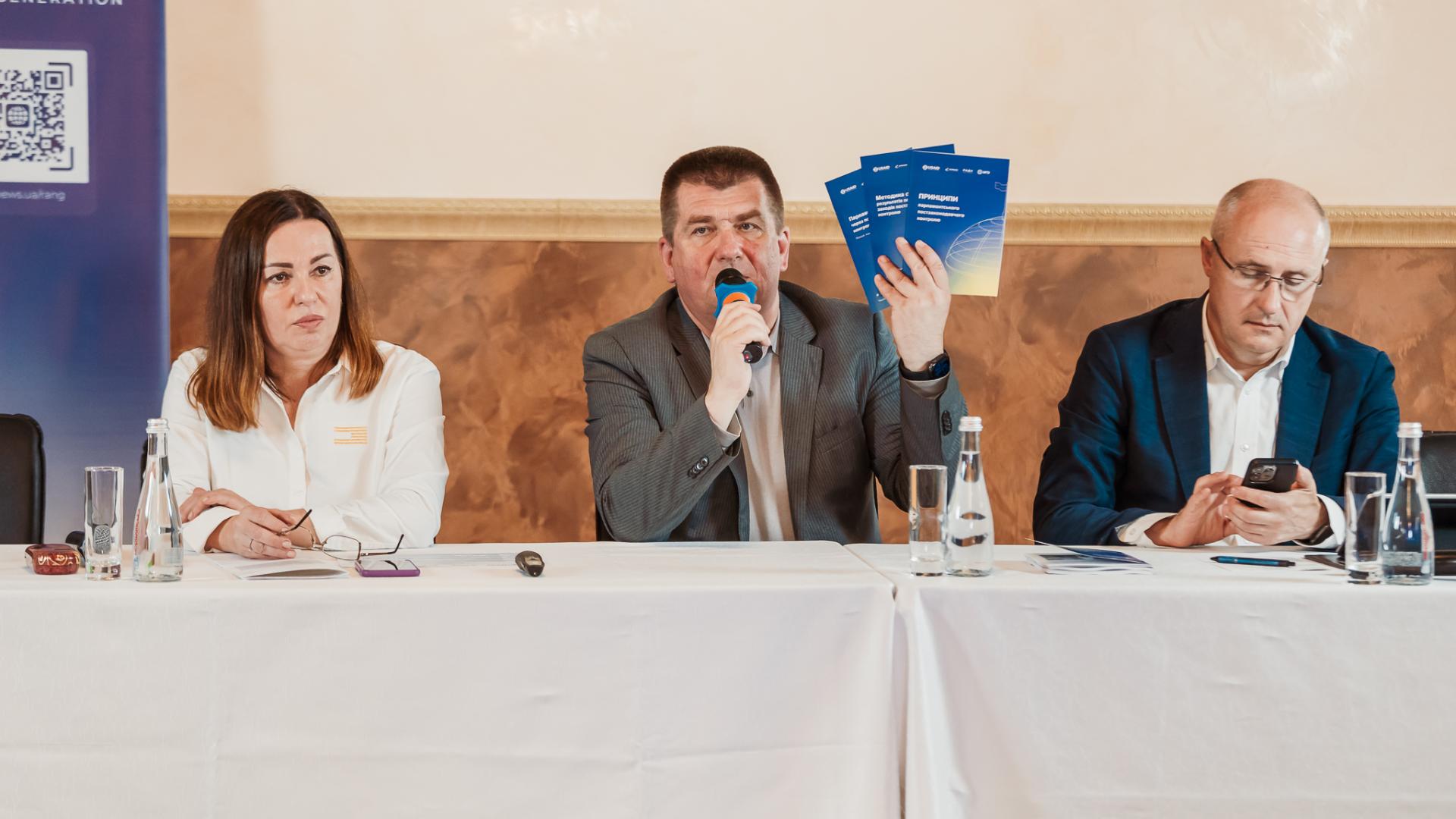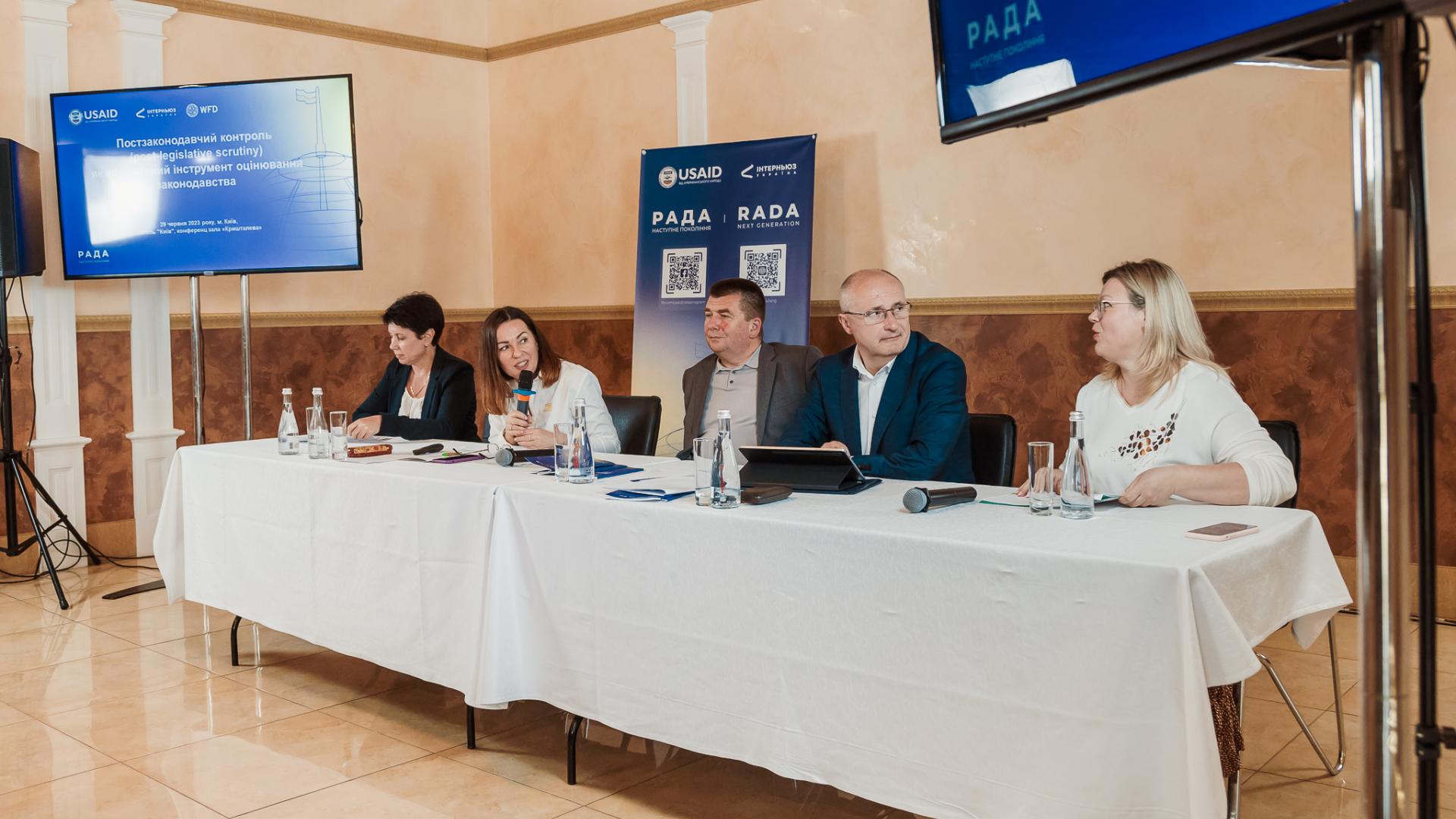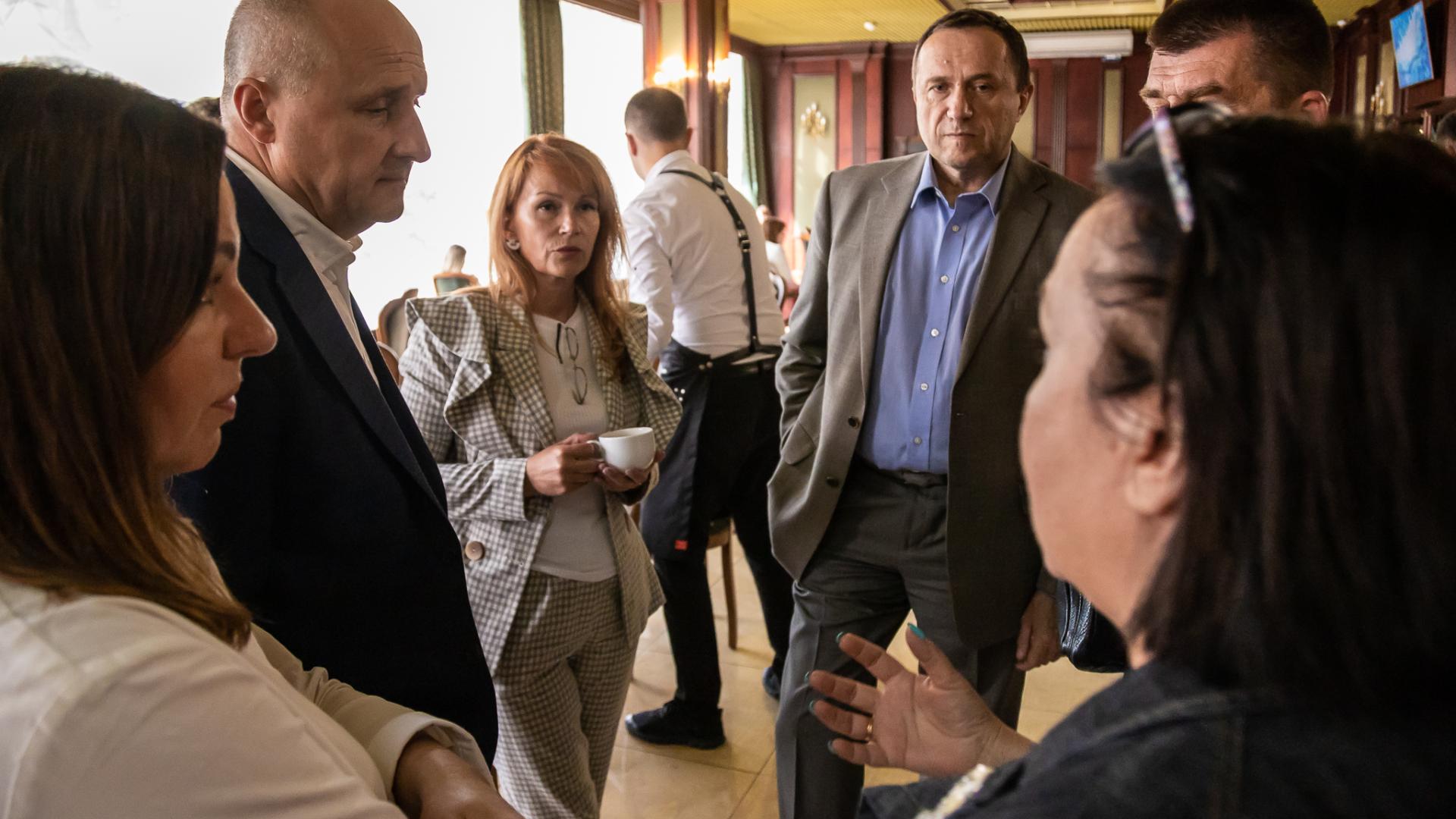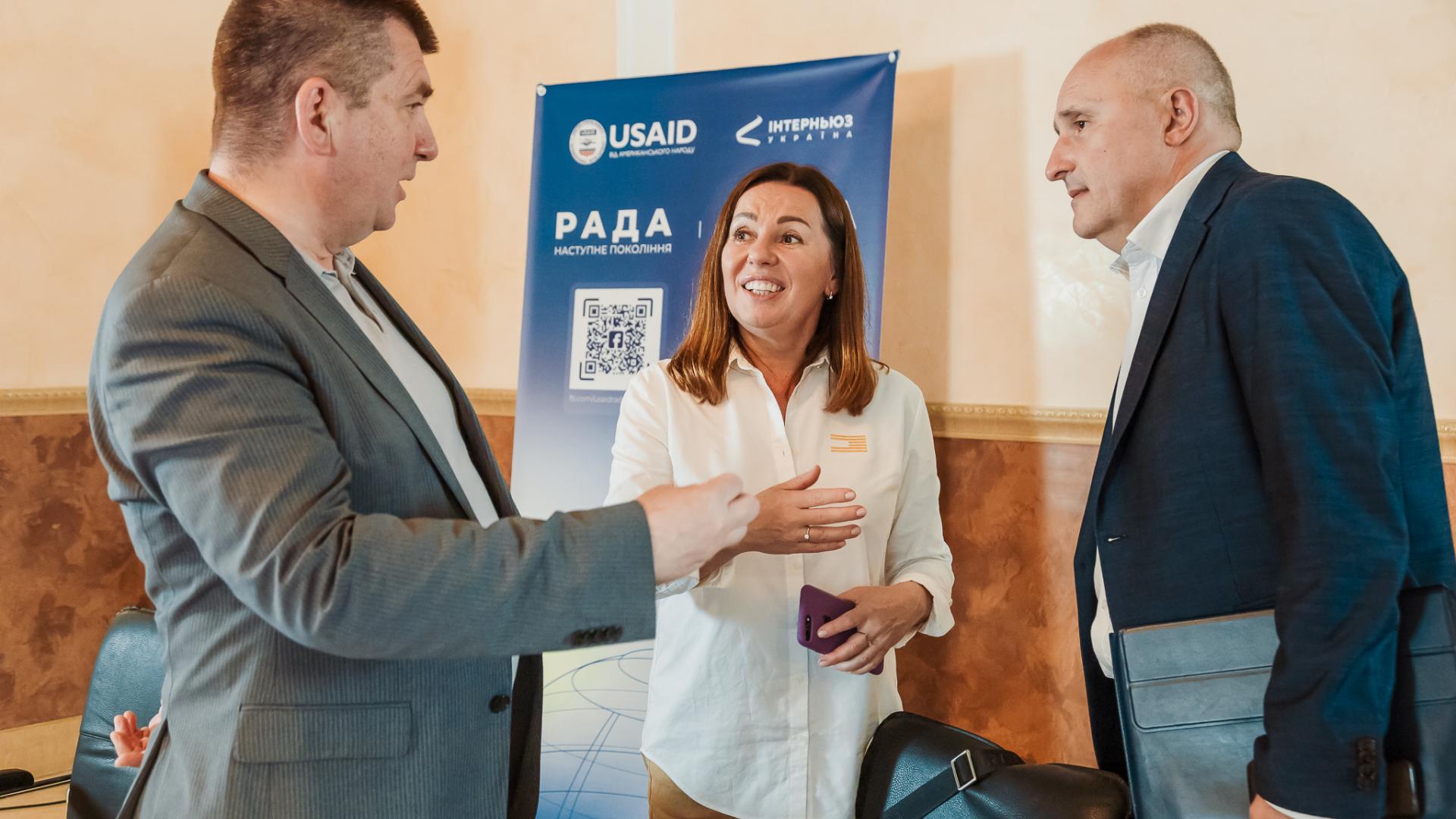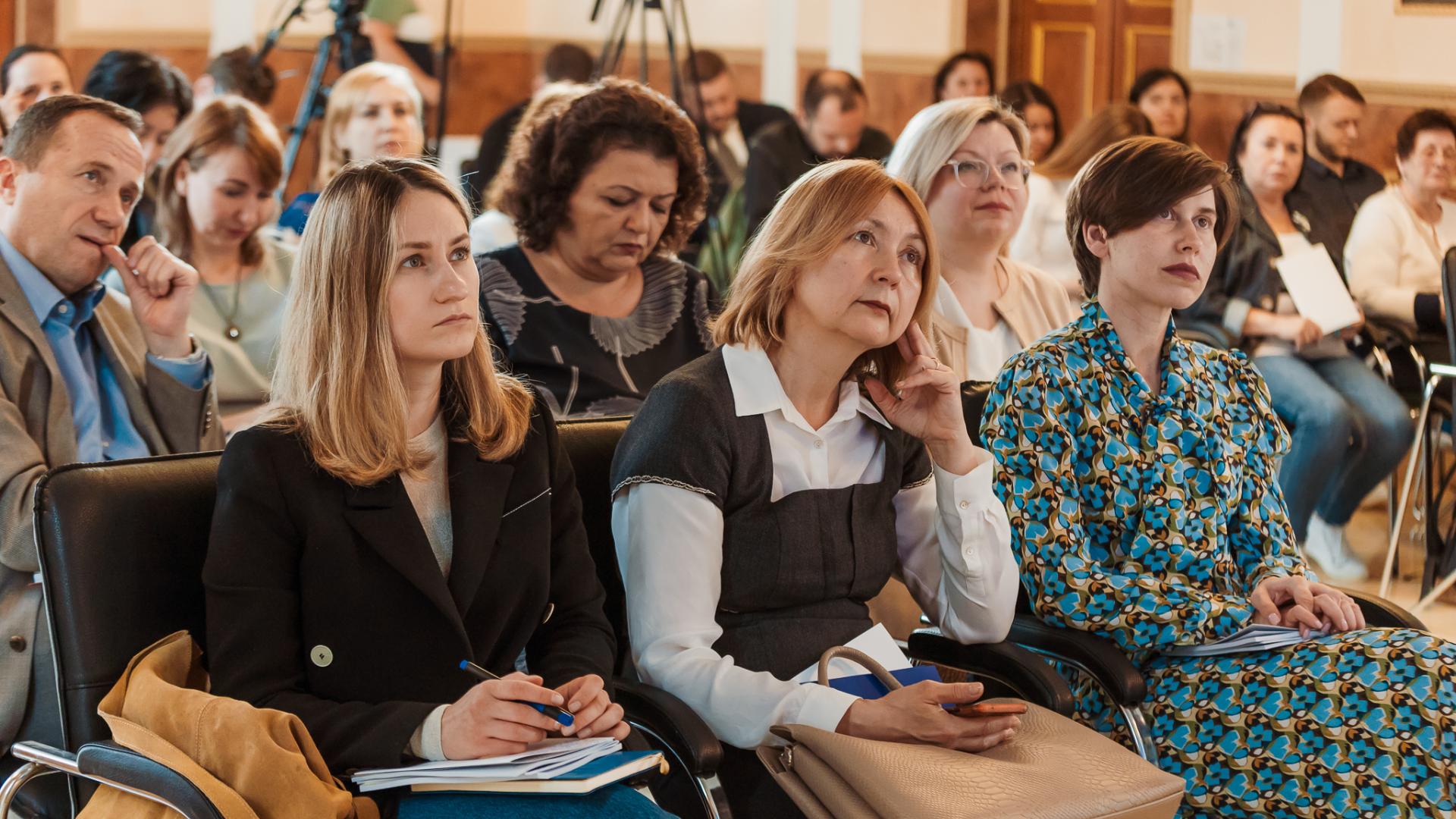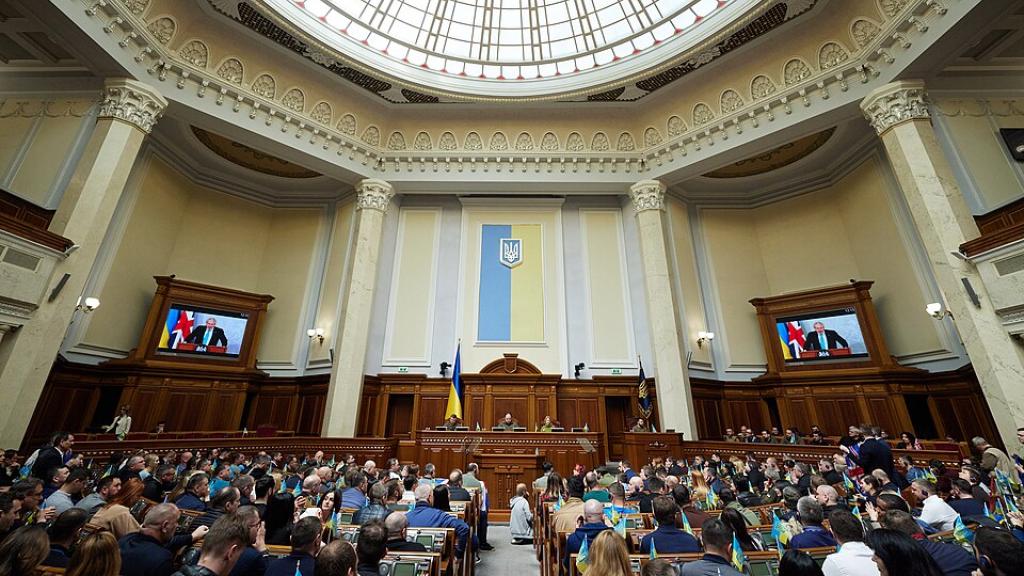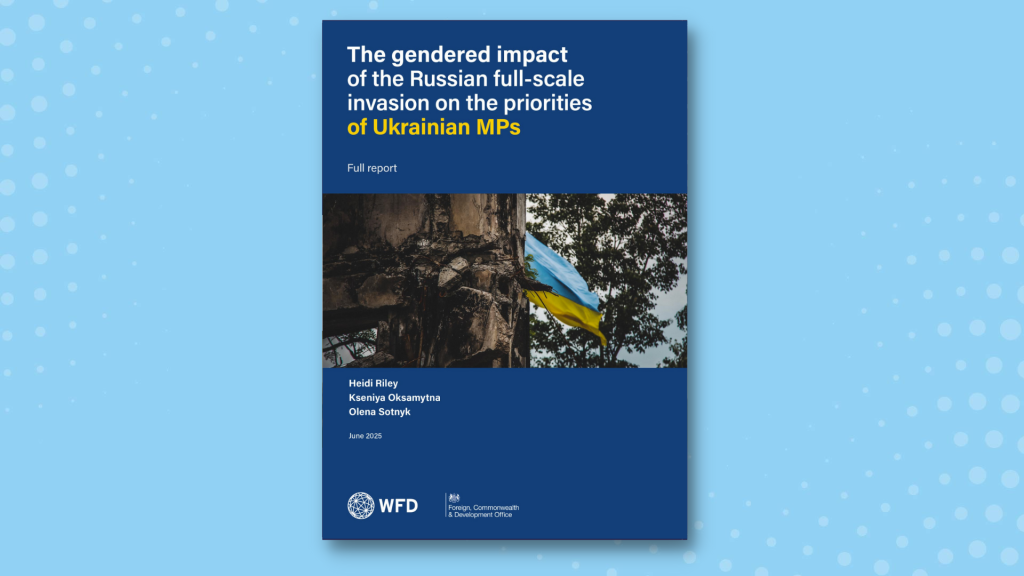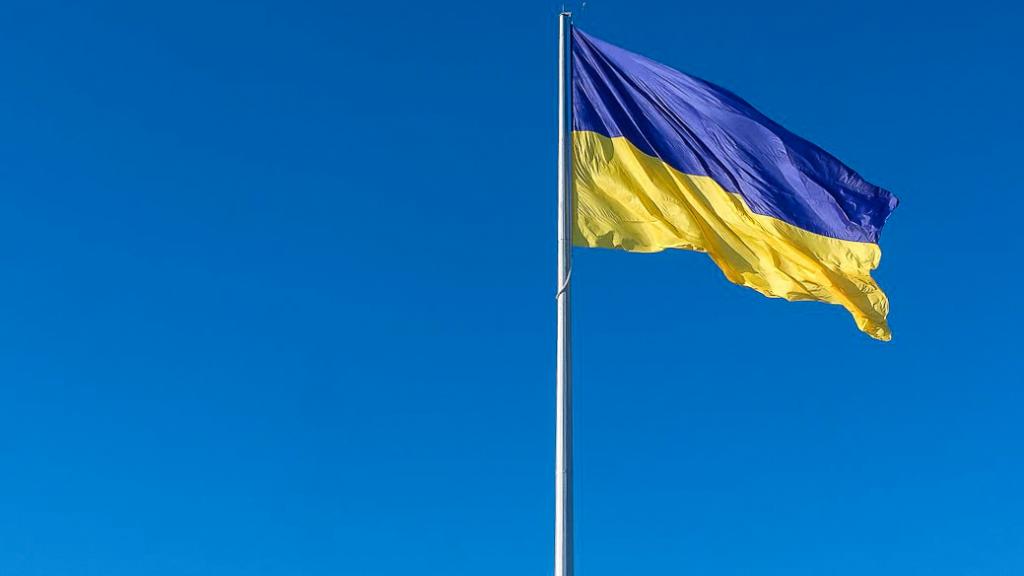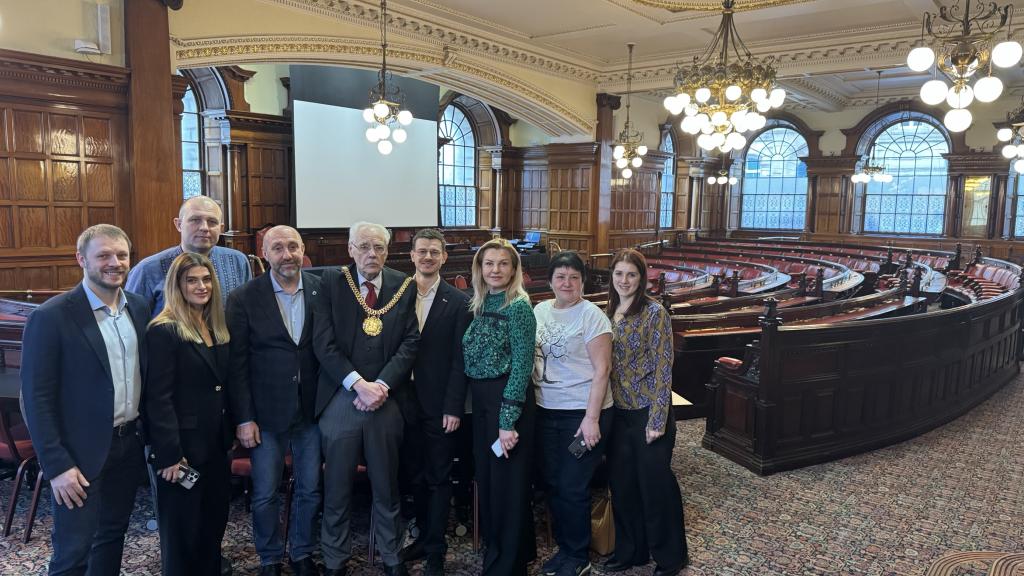Making the law count: towards greater public consultation practices within the Parliament of Ukraine
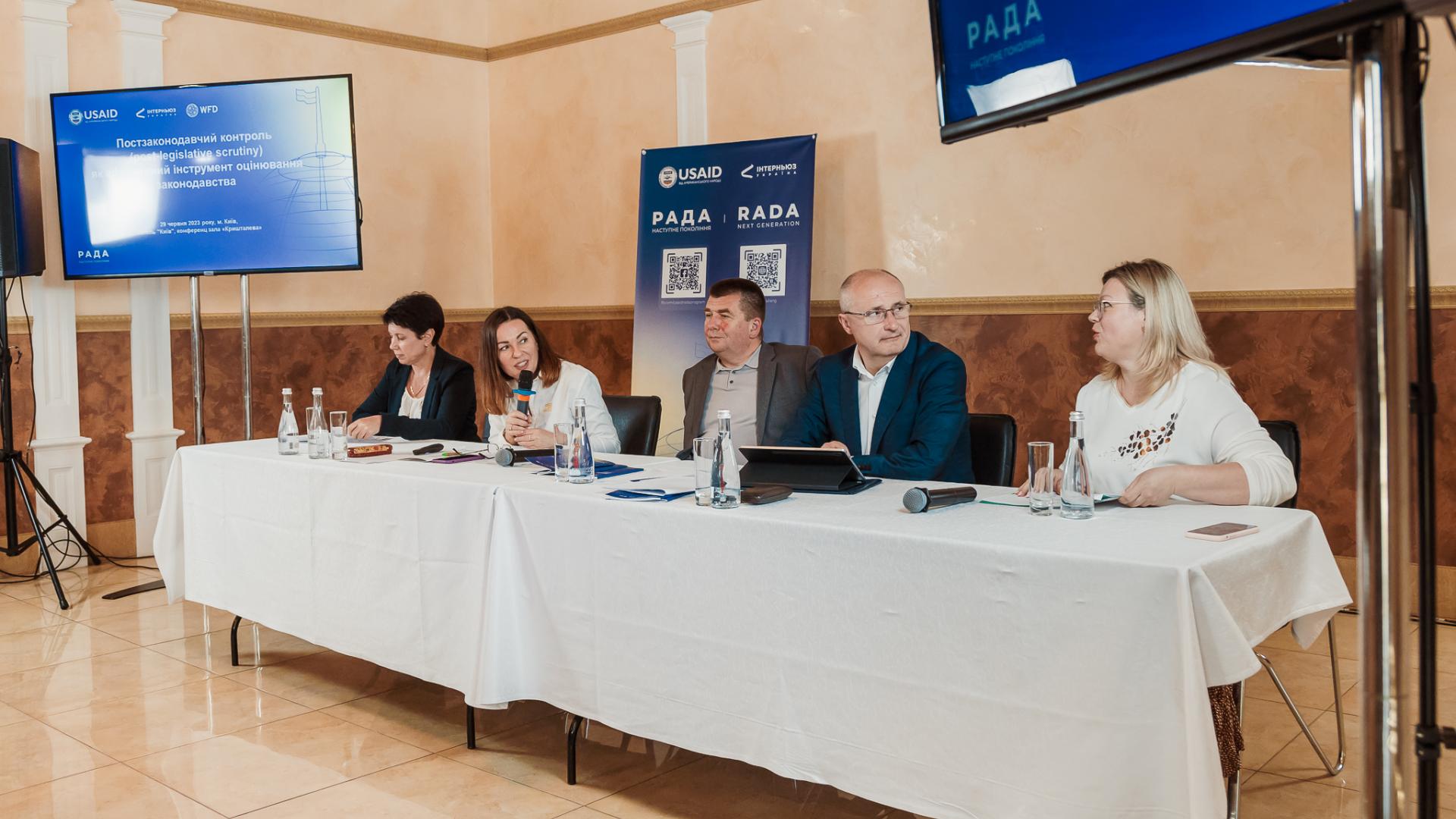
Verkhovna Rada of Ukraine (VRU) parliamentary committees have assessed the effectiveness and impact of a substantial number of laws through the PLS approach. Importantly, we can now see how PLS has established proof of concept in facilitating greater public participation in parliamentary oversight. For example, in 2022 the VRU Committee on Social Policy and Protection of Veterans' Rights received over 20,000 responses from employees and employers across Ukraine, who participated in the Committee’s PLS inquiry on the implementation of legislation regulating remote work and working from home.
The significant successes and results of the pilot inquiries show that, despite the difficult circumstances of Russia's war against Ukraine, civil society is ready to engage in governance processes. At the same time, the Parliament of Ukraine has demonstrated its readiness to apply new knowledge, innovations and methods to strengthen parliamentary oversight.
Thanks to PLS pilot inquiries the parliamentary committees have been drawing consequential conclusions. For example, the VRU Committee on Energy and Housing and Communal Services noted that “the PLS pilot allowed to identify gaps in parliamentary oversight”. Among other things, the Committee identified an unsatisfactory level of preparation and implementation of by-laws in the energy area, and plans to create a specialised working group on this issue.
“The previous practice of analyzing the application of laws provided for the collection of information by public authorities (mainly), local self-government bodies, scientific institutions, public organizations. The practice of addressing citizens who directly and in their own interests use the rights granted to them by a specific law did not exist” - VRU Committee on Social Policy and Protection of Veterans' Rights
The VRU Committee on Social Policy and Protection of Veterans' Rights recommends that employers conclude gender declarations/memoranda with employees. The Committee recommends to promote and the application of remote work, working from home, flexible working hours through enhanced use of ICT. It suggests the development of a separate online platform "Remote work" with templates of standard contracts and functions of online consultations.
One of the results of the PLS inquiry conducted by the VRU Committee on the Organization of State Power, Local Self-Government, Regional Development and Urban Planning was that the Committee revised its resources to further work on the identified problems with regards to cooperation between local communities and it decided to establish a subcommittee on cooperation of territorial communities and regions in Ukraine.
PLS is an innovative parliamentary tool designed to evaluate the effects of laws and thoroughly examine their implementation and impact on society. WFD’s work is well-positioned to support the VRU’s efforts to strengthen parliamentary oversight, in response to the European Parliament proposed Roadmap of Reforms of the Verkhovna Rada in 2016. To best support the VRU, in 2018 WFD identified PLS as an effective tool that could help to boost public involvement in parliamentary oversight. WFD developed a new concept to support parliament to exercise PLS, working closely with parliamentary stakeholders. WFD recognised that there were challenges in relation to PLS, mainly how to make it workable within a context of limited resorces and how to foster political will for it. Therefore, before the PLS pilot inquiries were launched, WFD worked to build the capacity of parliamentary staff to apply PLS, which has also contributed to the current important results.
This work has informed the VRU’s methodology which is now being taken forwards by the newly created parliamentary research service of the VRU (PRS). According to the PRS, the draft methodology prioritizes on legal issues of oversight, verifying the enactment of the primary and secondary legislation. This week’s workshop discussed the need to supplement the current approach with the PLS tools of impact assessment. This will contribute to the integrity of the processes and the objectivity and awareness of decisions that will be made by the legislators on the basis of the new parliamentary methodology. As emphasized at the workshop, alongside methodological rules, also legal and procedural changes would be needed to achieve the full potential of PLS in a long-term perspective.
We look forward to building on these achievements and start focussing on the role of the government in legislative implementation, and by strengthening its accountability and responsibility for the implementation of decisions of the VRU. On International Day of Parliamentarism, WFD Ukraine pledges to continue supporting the VRU’s efforts to strengthen parliamentary oversight and accountability.
